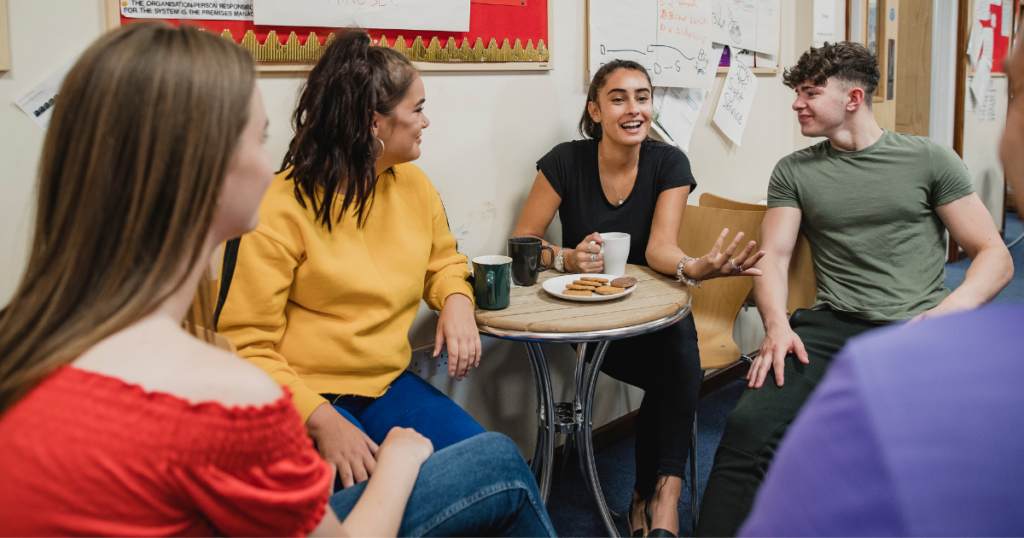How can we make youth service opportunities exciting?

Service Academy is a social innovation project dedicated to reimagining youth service and developing young entrepreneurs and leaders to make a meaningful impact in their communities.
As we discussed this project, we kept returning to one term: New Service.
For us, New Service means a new way of thinking about service, from the youth service activities to full-scale social innovation projects. It actually goes back to the original observation that started us on this journey in the first place…
Youth service has a branding problem.
And the implications are serious. Too many young people associate service with hours of mindless chores required for graduation, and most service activities offered to them don’t reflect their capabilities, interests, or aspirations.
Enter New Service
New Service is our conceptual framework for reimagination, a way to understand the interrelated network of relationships that motivate us all and thoughtfully challenge those structures when they don’t work. It’s an earned mindfulness about social, economic, and environmental systems and their impact on individual lives. It’s a willingness to use your unique skills and resources to do something about it.
New Service activities are broader and more inclusive than just volunteerism — social advocacy and social entrepreneurship appeal to many young people and offer a range of opportunities that volunteer activities alone do not.
Furthermore, New Service is also more pragmatic and accessible, giving young people confidence that they are practicing service skills already and can direct them toward meaningful social impact.
We see a future where young people can easily exercise the best parts of themselves to give back. Where service, like media, is frictionless, ubiquitous, and maximally, mutually, and humanly beneficial. Where youth service, like youth sports, has a development pipeline to future success, and youth service projects are organized as valuable start-up capital for large-scale social initiatives — not to mention valuable life and career start-up experience for young people. We see a future where service models are superstars and monuments and museums are built for service. Where changemaking, empathy, and systemic thinking are as in demand as computer science skills.
The youth service models of the past simply aren’t leading to the kind of meaningful, impactful change that they should. That’s why we see a future where there is a better way.
We see a future of New Service.
– Ryan & Thomas Growney SG’24
